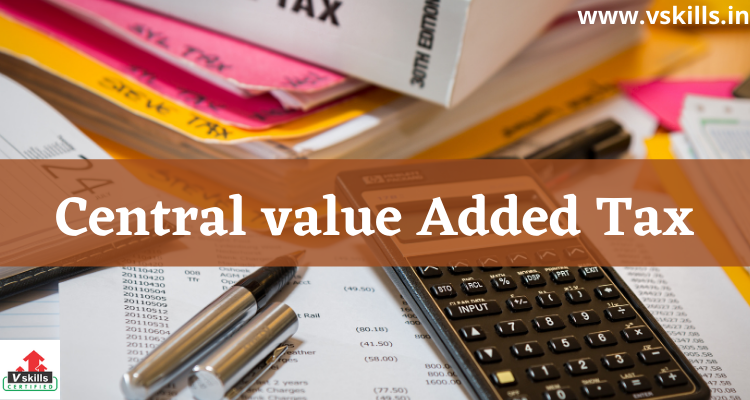Cenvat, or the Central Value Added Tax, is a component of the tax structure to be levied at each stage of value addition. Under this scenario duty is levied on the total value and credit of duty paid on earlier stage is allowed. The inspiration for Cenvat is derived from a tax system that is generally referred to as VAT, or a Value added tax. Both Cenvat and VAT are designed with the purpose of minimizing cascading effect when it comes to taxes on income, goods and services, and other forms of tax revenue. The aim of Cenvat is to aid in maintaining a tax structure that is considered equitable for both the citizens incurring the tax and the government that is collecting the tax revenue.
Modvat (modified value added tax) was introduced in India in 1986 (Modvat was re-named as Cenvat w.e.f. April 4, 2000. The system was termed as Modvat, as it was restricted upto manufacturing stage and credit of only excise duty paid on manufacturing products (and corresponding CVD paid on imported goods) was available.
New Cenvat scheme for Value added tax
MODVAT credit scheme was introduced in 1986 vide rules 57A to 57U. Since rules can be amended easily by Central Government, the scheme remains flexible and hence can be modified quickly as per changing requirements. Cenvat was introduced in place of Modvat w.e.f. 1.4.2000, vide new set of rules 57AA to 57AK. Later, separate Cenvat Credit Rules were introduced w.e.f. 1-7-2001. These were replaced by Cenvat Credit Rules, 2002. These are now replaced by Cenvat Credit Rules, 2004 w.e.f. 10-9-2004.
Service Tax Credit Rules, 2002 were issued effective from 16-8-2002, which are now merged with Cenvat Credit Rules, 2004 w.e.f. 10-9-2004.
Merging of CENVAT and Service Tax Rules – Cenvat Credit Rules, 2004 have been issued by superseding Cenvat Credit Rules, 2002 and Service Tax Credit Rules, 2002. The new rules are effective from 10-9-2004.
Rule 16(2) of Cenvat Credit Rules, 2004 states that any reference in any notification, circular, trade notice, rules etc. to Cenvat Credit Rules, 2002 or Service Tax Credit Rules 2002, shall be construed as reference to Cenvat Credit Rules, 2004.
Input
– All goods, except light diesel oil, high speed diesel oil and motor spirit, commonly known as petrol, used in or in relation to the manufacture of final products whether directly or indirectly and whether contained in the final product or not and includes lubricating, oils, greases, cutting oils, coolants, accessories of the final products cleared along with the final product, goods used as paint, or as packing material, or as fuel, or for generation of electricity or steam used in or in relation to manufacture of final products or for any other purpose, within the factory of production.
– All goods, except light diesel oil, high speed diesel oil, motor spirit, commonly known as petrol and motor vehicles, used for providing any output service;
– Explanation 1 : The light diesel oil, high speed diesel oil or motor spirit, commonly known as petrol, shall not be treated as an input for any purpose whatsoever.



